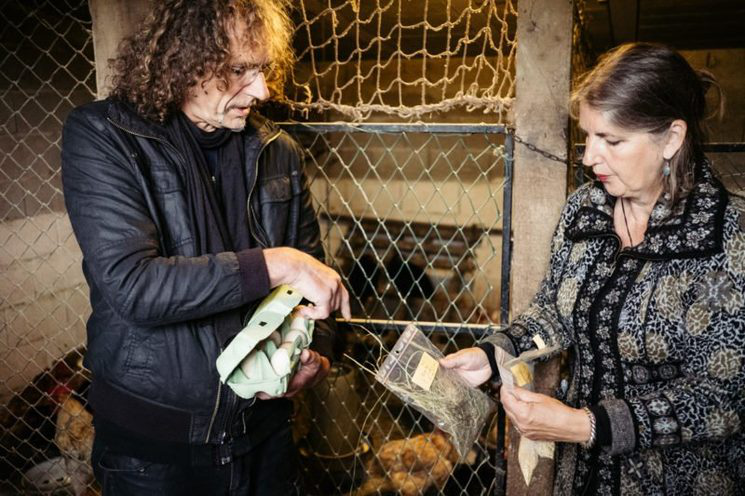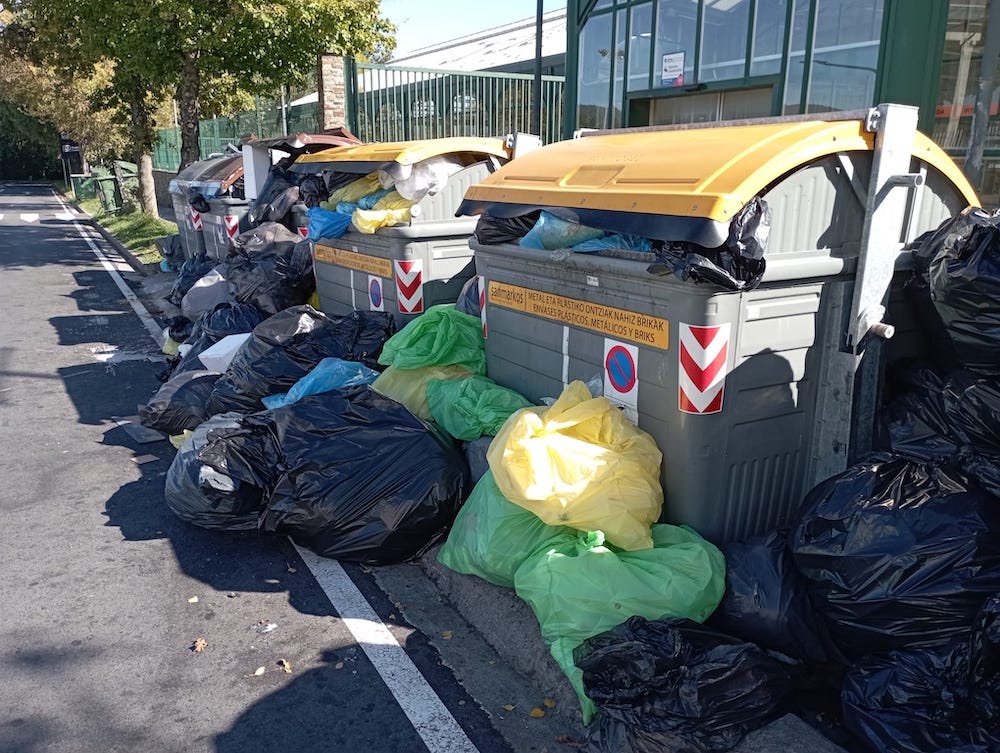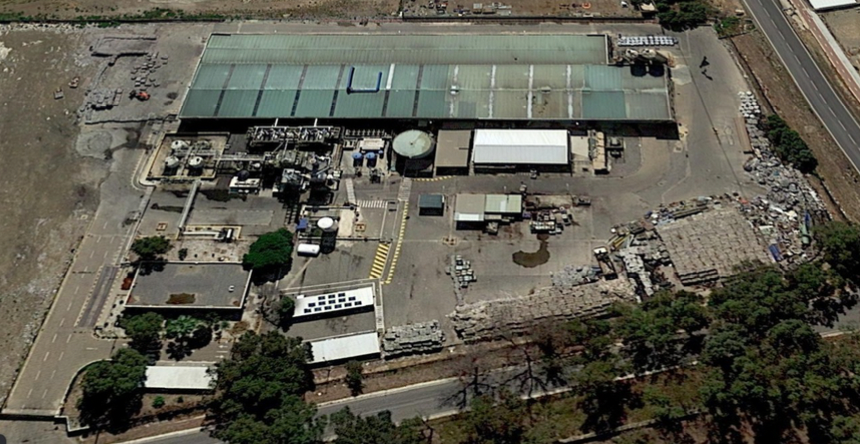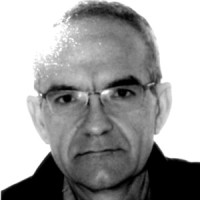Arguments against the Azkoitia waste plant win public debate
- An "open meeting" on the Azkarate waste plant and the issue of buildings and demolition waste was held in Azkoitia on 28 May. Following this meeting, the Azkoitia PNV pointed out: "We reject the Azkarate plant." For his part, EH Bildu has asked him to "move from words to deeds." The Azkoitia Bai group also states: "Under the Subsidiary Rules, the City Hall will be asked to remove the points that make it possible to carry out these types of plants". On 1 June, the City Council will convene the Territorial Commission to "officially inform all parties that the modification of the Urban Standards for the Disposal of Construction and Demolition Waste Plants will be initiated".

The Azkoitia City Council will meet the Territorial Commission on 4 June and will meet for the second time on 11 June to adopt the resolution. Subsequently, "the corresponding processing will be initiated so that the plants of Azkarate and Ipintza are not enabled", according to the City Council.
At the open meeting the views of the various people ' s agents
On 28 May the technicians of Iobe, Baskegur, Larke 360 SL (a company that wants to make a landfill), the ordering company Lagunak (a company that wants to build a new waste plant in the municipality), representatives of political parties, member of the working group that has developed the subsidiary standards, Urola Bizitalrik Natuazasos
The guilds around the Azkoitia building drew two letters (the first one here), and the second one in which it was said that if he went to the open meeting to which a guild was attending, he would speak on his behalf, they did not form a group. Finally, the members of the trade unions did not participate in the open meeting. It seems that not being able to use the names of the unions has made it difficult for the City Hall to argue the need for the Azkarate waste plant.
The whole meeting can be seen in this video.
Eh Bildu: "There is no need for such a plant in Azkoitia"
According to the data provided by Iobe technicians, there are currently 60 construction and demolition waste plants (RCD) at CAPV and according to the Order of 4 March of the Counsellor for Territorial Planning and Housing, there are currently sufficient capacities at fixed treatment plants to value all RCDs generated at CAPV. EH Bildu stressed that, "Therefore, no such plant is needed in Azkoitia, either in Azkarate or in Ipintza. What we have to do is identify these 60 plants and allow them to function as effectively as possible, establishing the necessary controls". Its proposal is "to remove the Azkarate plant from the modification of the Subsidiary Rules and to draw up the General Urban Management Plan of Azkoitia". The local NNSS says they are obsolete, as "80% of the industrial land is depleted".
Azkoitia Bai: "We are ready to discuss the construction of a small intermediate warehouse"
The Azkoitia Bai group has published its position in the Maxixatzen media after the open meeting. He also says that "taking into account that according to the data there is a sufficient recovery plant in the environment, we will demand that our group remove in the City Hall the points that allow making these kinds of plants from the Subsidiary Rules". But he adds that "when it comes to a large construction site, the law allows, before moving it to a recovery plant, to build a collection site that guarantees the hygiene and safety measures, yes, with containers that can be covered outside the working day. Today, using the words of the guilds, they have clearly explained to us that they carry out many illegal discharges. The collection park of our people seems to be in Izarre Jandalo, but it does not guarantee at all what is required by law. However, our group would be prepared to study the construction of a small intermediate warehouse to encourage recycling and to avoid clandestine dumping. As soon as a lorry is built, it will be used for these plants and will be paid on the basis of the pounds each has carried. Associations and municipalities, in collaboration, designing this warehouse adapted to the real needs. In compliance with applicable law and with the approval of other parties, platforms and ecologists, we should draft new Subsidiary Rules".
The City Hall of Donostia-San Sebastián announced at last Thursday’s plenary session that it will increase the waste rate by 26.5% from January 2025, claiming that Waste Law 7/2022 obliges this. Eguzki, for its part, has denounced that the law only applies in terms of costs,... [+]
Recently, the UPV/EHU organised a series of summer courses to address the issue of climate change. The Environment Minister, Asensio, took advantage of the courses to highlight the incinerator’s positive contribution to climate change, which is surprising, since for every tonne... [+]






















